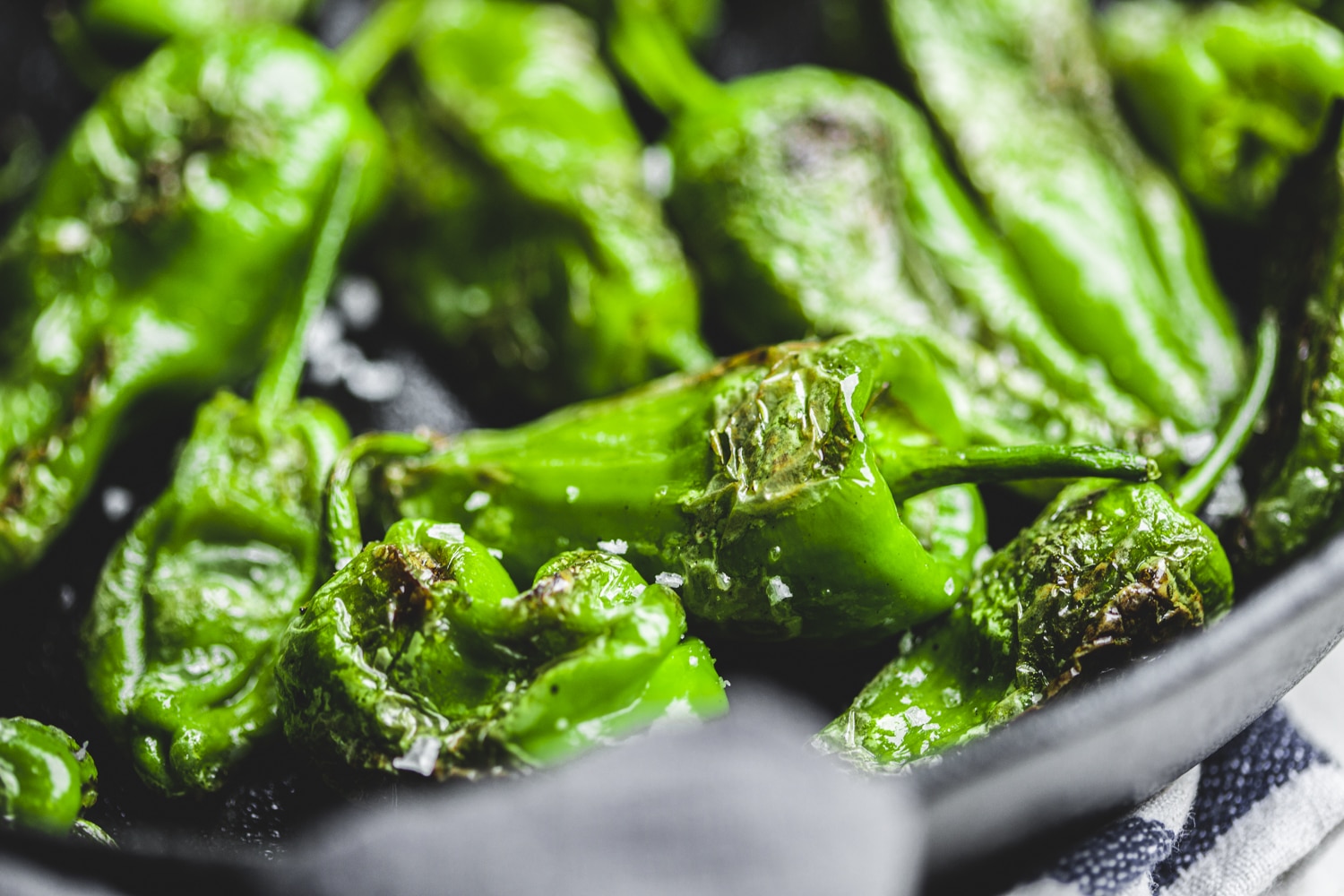It will always be a hard decision but sometimes it is better to accept an early loss, rather than taking the additional cost of planting and tending a crop that is unlikely to be worth harvesting.
A few of our growers, who didn’t prepare seedbeds early enough to lock in moisture from the spring, are now in desperate straits with tens of thousands of cabbages and broccoli waiting in their trays to be planted. At least they can be watered in the yard, as without rain or irrigation they would perish in their parched fields. Early August is the cut-off date for planting most winter crops; if they are not in the ground in the next week, even if we do get rain, they will not have time to grow the root, leaf and frame to support a decent crop.
As I write, we are debating whether to write off the remaining sweetcorn on my farm in the French Vendée. Up until ten days from harvest the crop looked great, but we have run out of water and with temperatures topping 40 degrees the plants are stressed, resulting in shrivelled kernels. It is impossible to tell which ones are affected without opening each cob and exposing them to further moisture loss. My apologies if you have had substandard cobs over the last few weeks. The commercial loss of one of our biggest crops will be catastrophic to the bank balance and the morale of the team who has tended it, but there is little point in harvesting them if they disappoint in the kitchen.
On the plus side, our peppers, aubergine and chillies are loving the heat; particularly the much anticipated Padron peppers. Just shallow fry in olive oil for five minutes, or until about a third of the skin is blistered, and serve as a snack generously sprinkled with salt. Depending on maturity, the strength of the sun, how well watered and maybe the alignment of the planets, somewhere between five and 20 per cent have a kick. Because ours are grown outside they tend to be tastier and hotter than those you might find in a supermarket, and the heat tends to build as the season progresses.
It’s also looking as if we will have up to double the expected yield of Padrons so we’ve been able to reduce the price. Hopefully, with your help, they might make up for what we have lost on the sweetcorn.













I’m fairly new to Riverford and totally new to Padron Peppers – I used a lot Padron peppers (deseeded) in my rump steak (28 day hung) stir fry with oyster sauce, bunched onion & red onion (both Riverford) with medium egg noodles. The taste was scrumptious with a mild kick – I like my food spicy but not hot. Next batch delivered I will try frying a few as Guy suggests in olive oil – friends have done that and loved them.
A bad year for sweetcorn but a good year for Aubergine [Eggplant as our American Cousins call them, bit of an insult to Aubergine to my mind, that name] and Chillies? Might be a bad year for some but for me it sounds a little closer to heaven, I never have like ‘corn to much [and now with no teef . . . . ] and loving aubergines and chillies it looks like there are some good things in all this hot weath after all! As Annie says I must try frying a few Padrons in Olive Oil – now that HAS got promise!
The Walrus
Rather than an anomaly this kind of weather pattern looks likely to persist due to climate change. Are we going to get to a stage where the “typical” “traditional” crops that are grown are no longer viable options? Are things like sweetcorn, broccoli, cabbages going to be unsustainable? What will the future food crops be?
How about selling the seedlings instead of destroying them? More and more of the people around me in a very built-up area are starting to grow their own and I for one would love to try growing broccoli and the odd sweetcorn plant or two but don’t necessarily have the time/skills to be sowing them from seedlings. Might be a nice little earner for you?